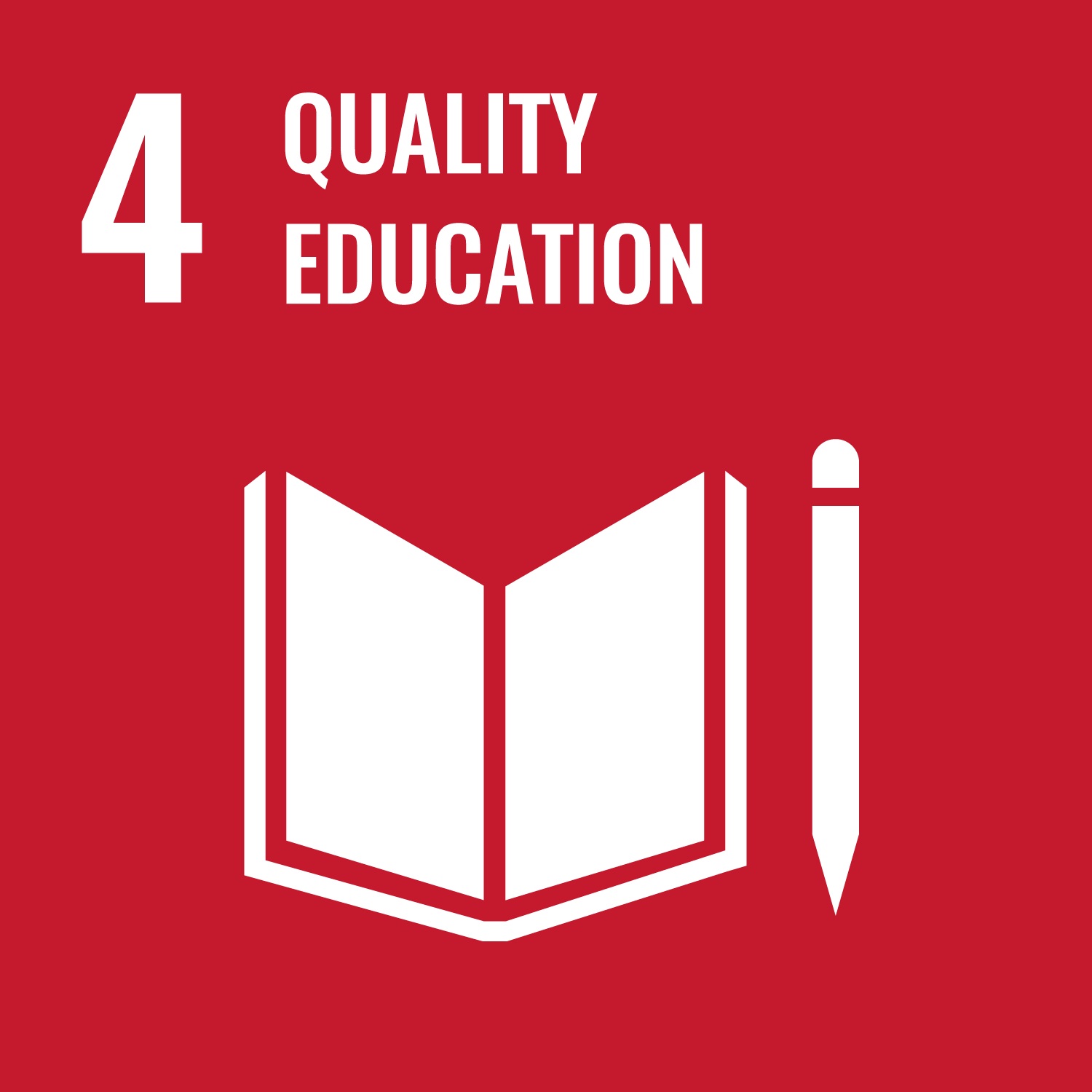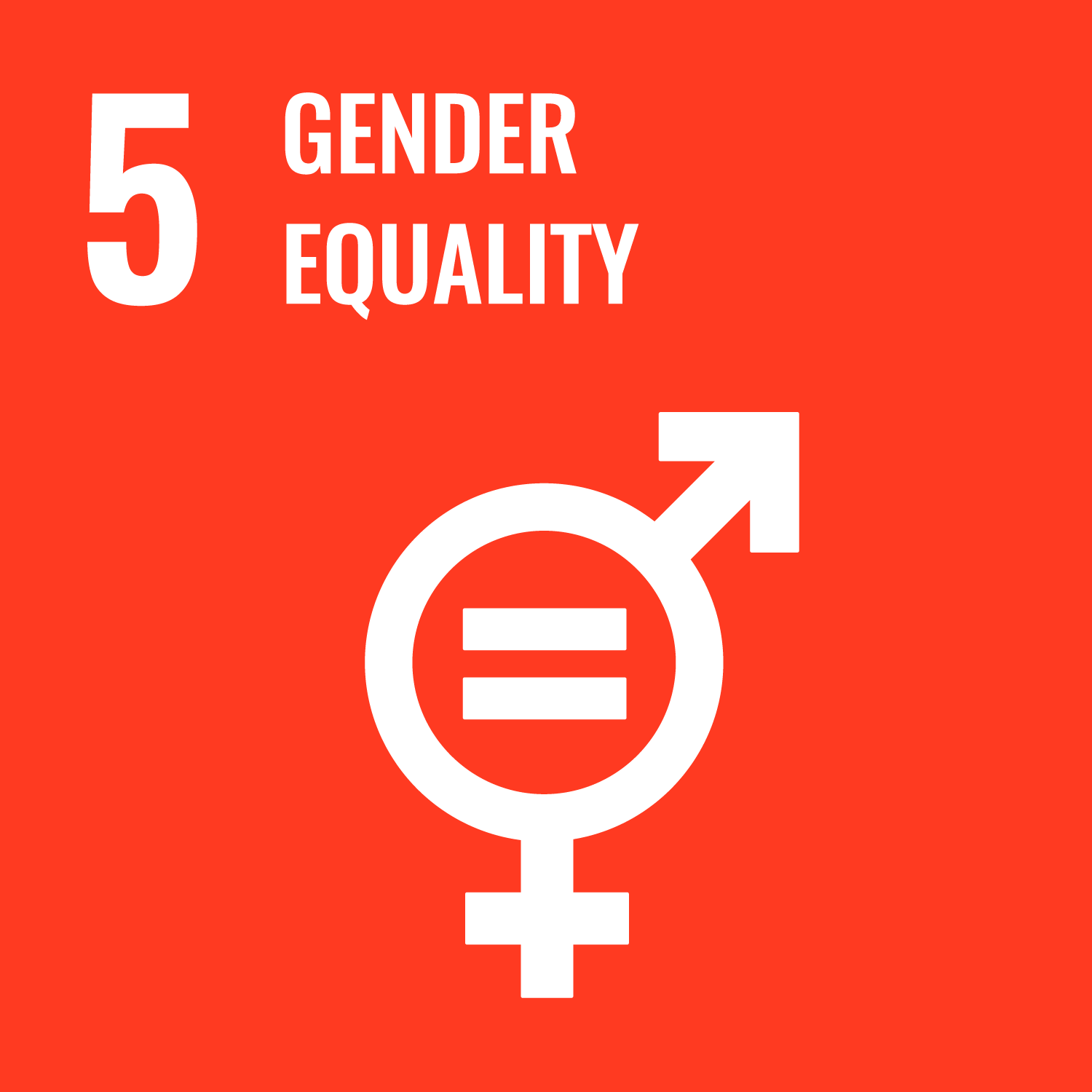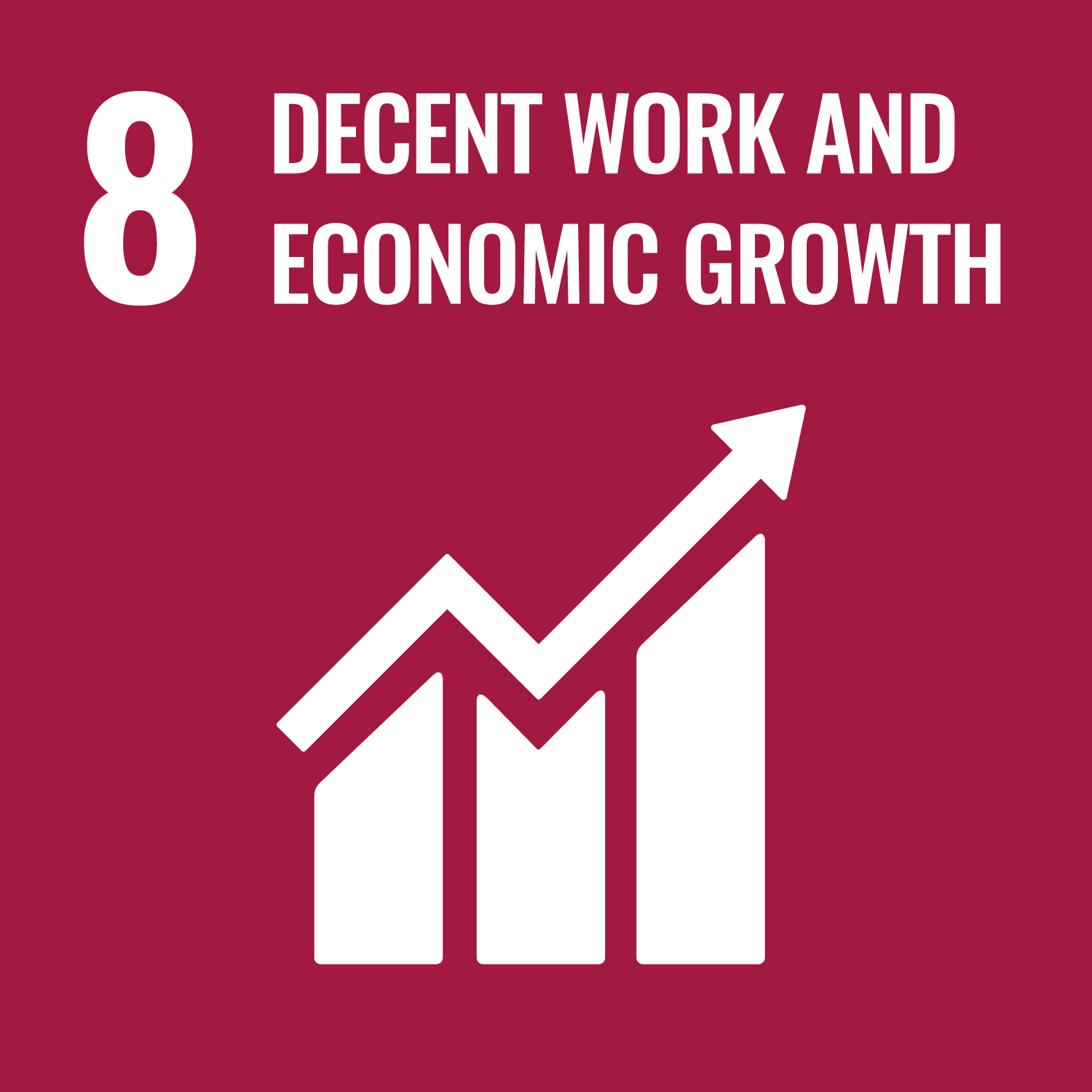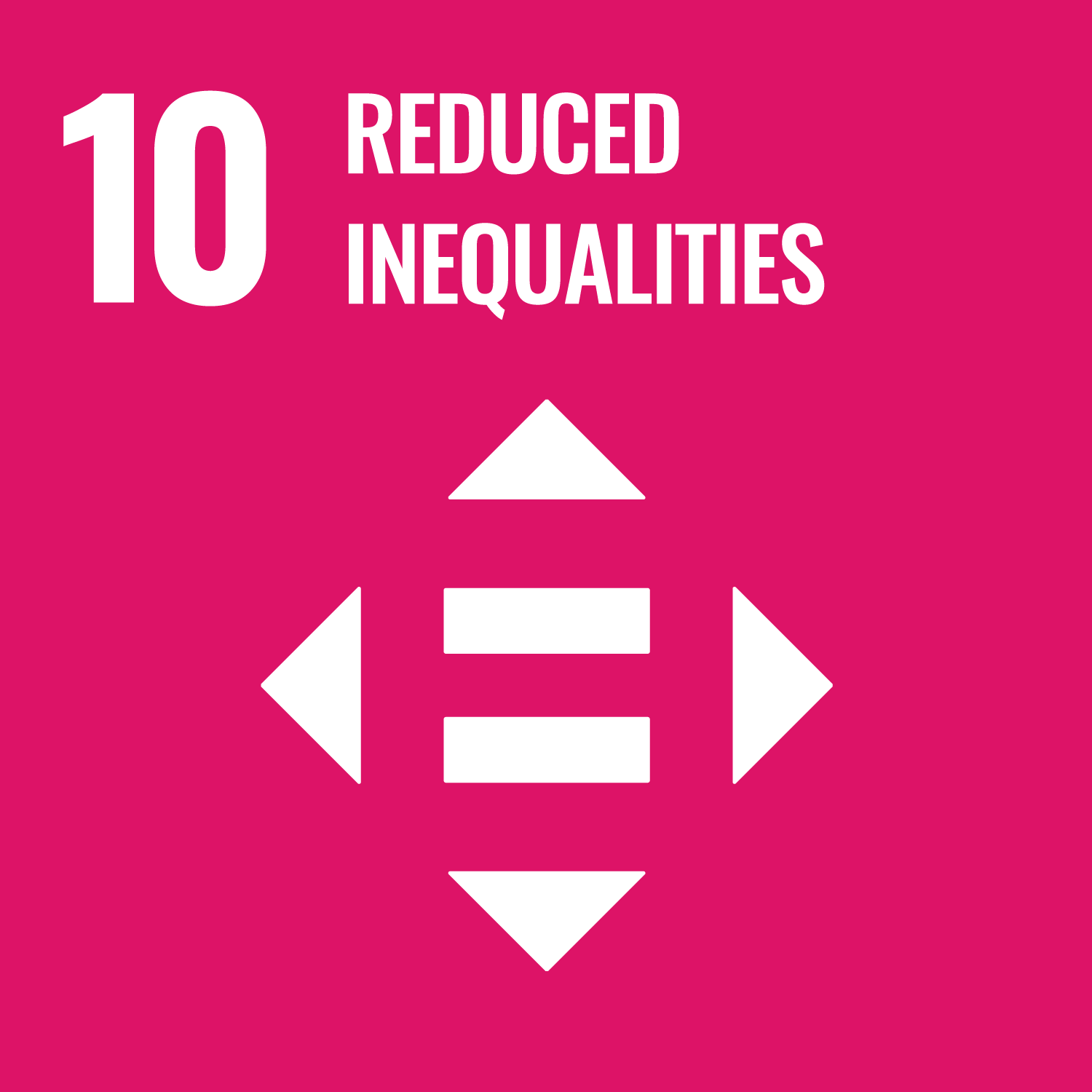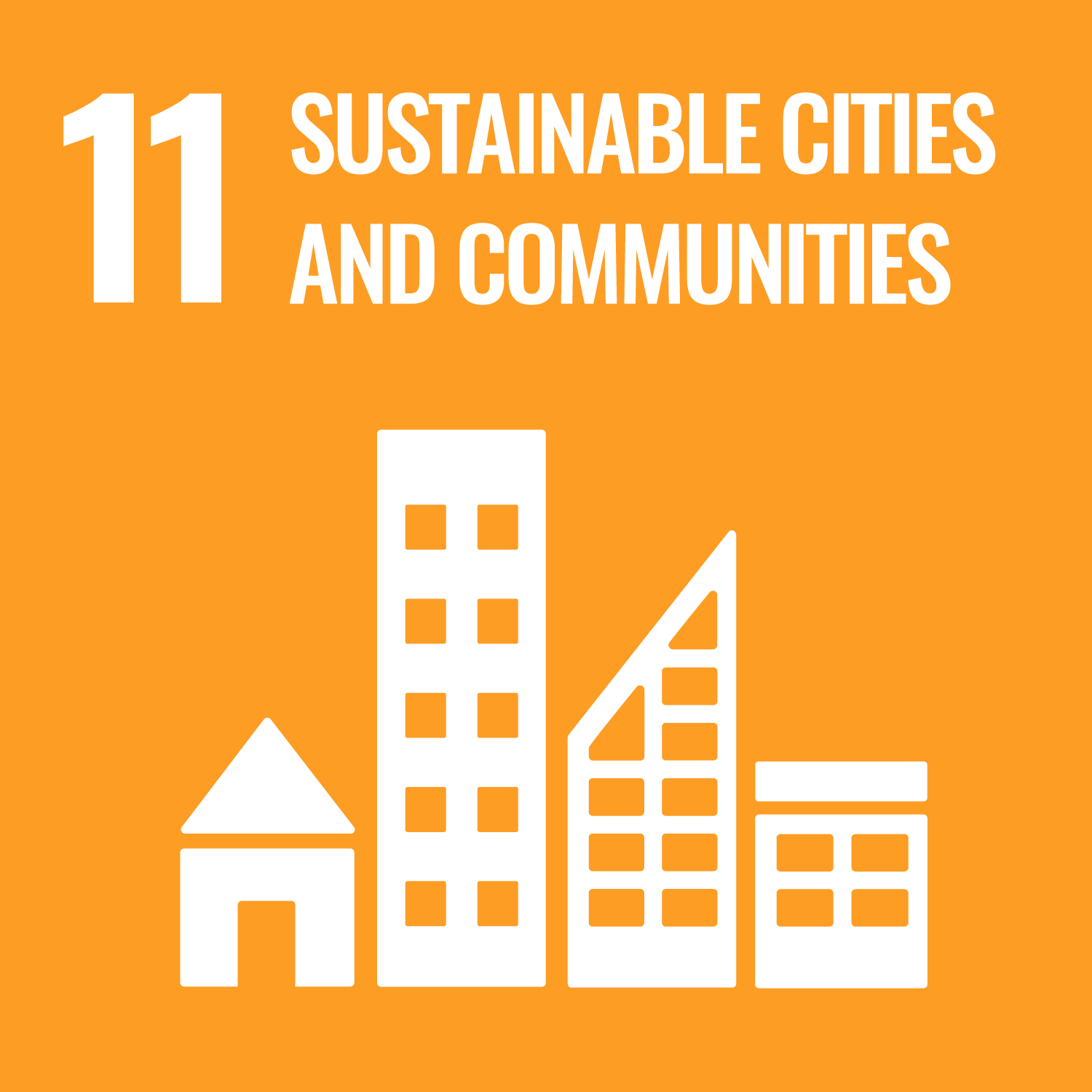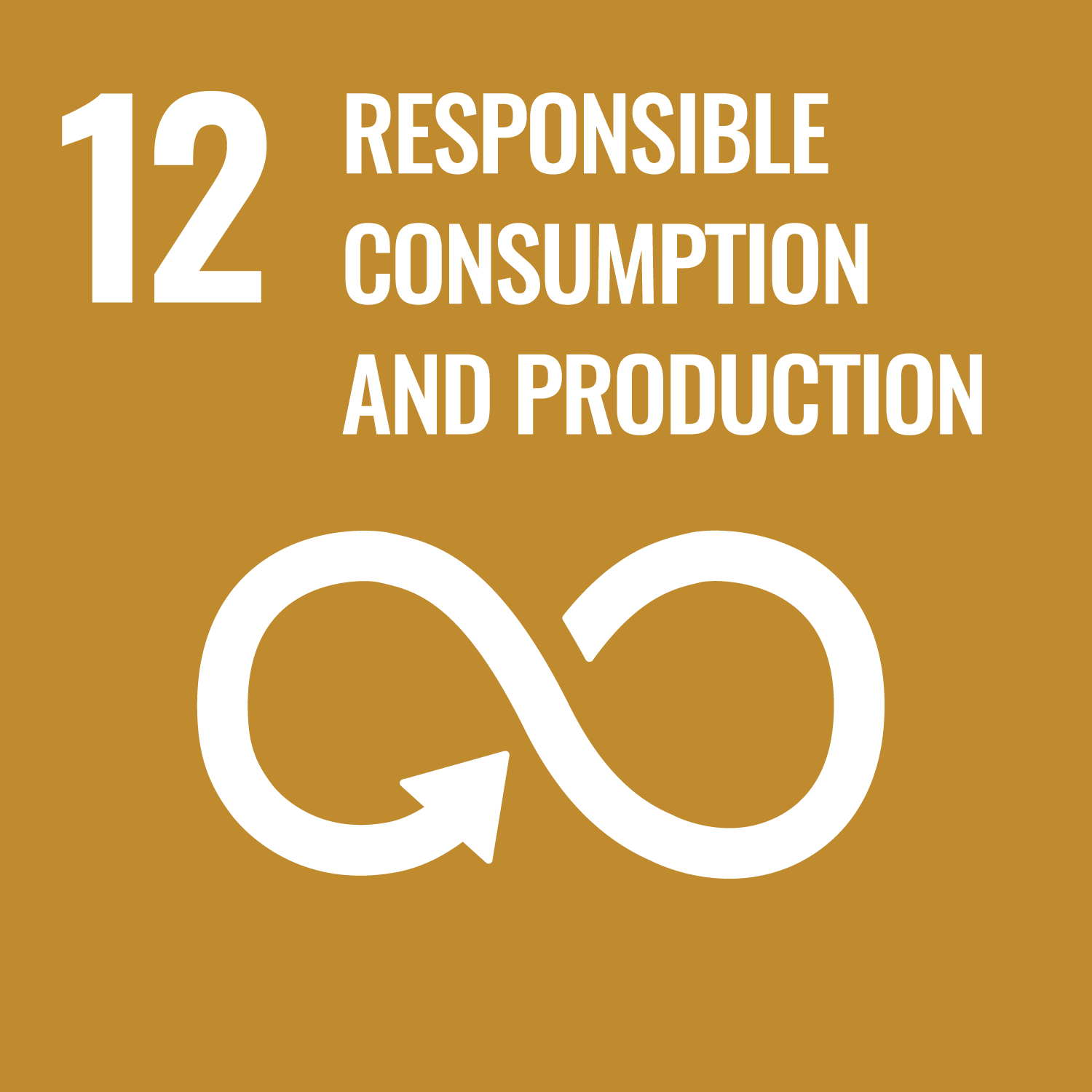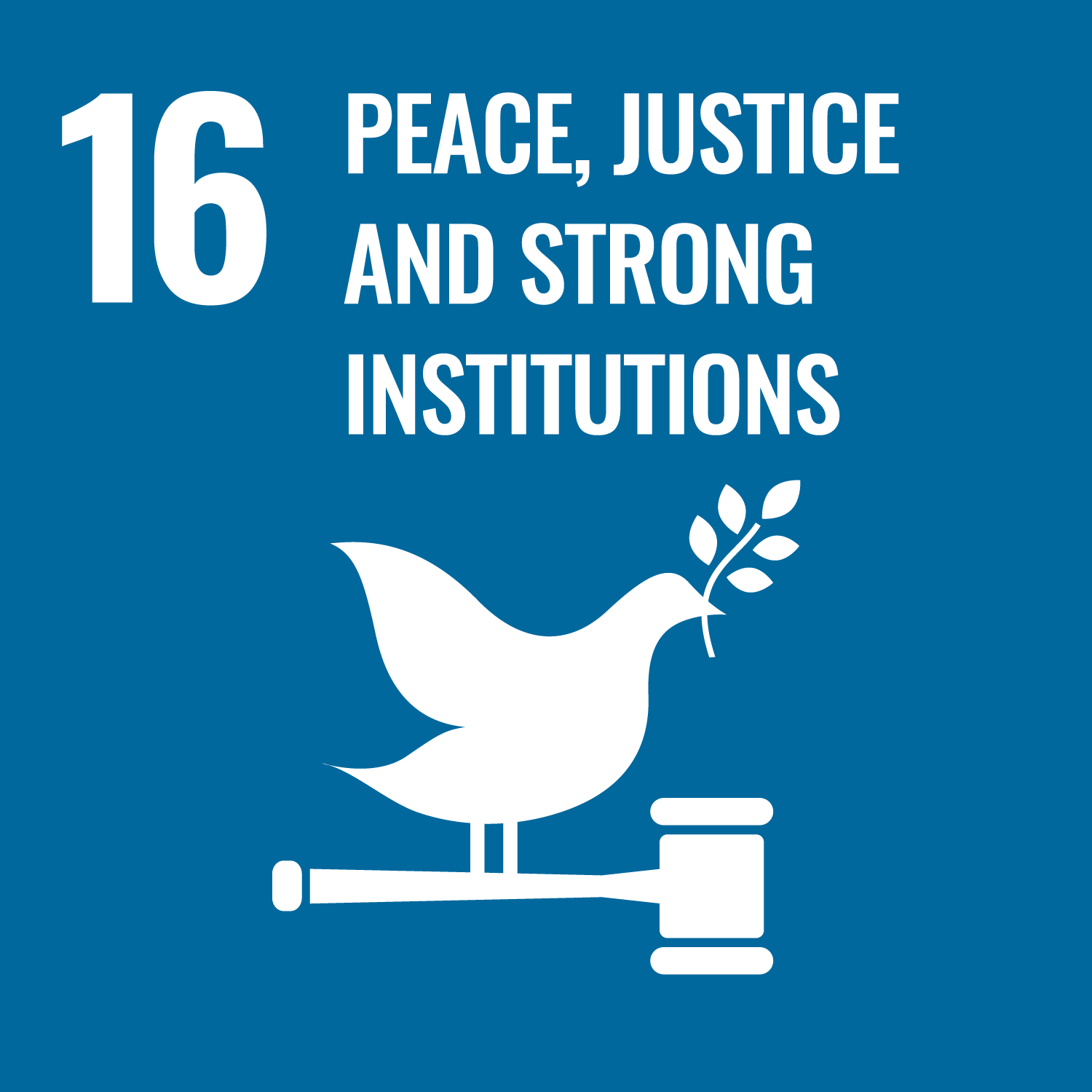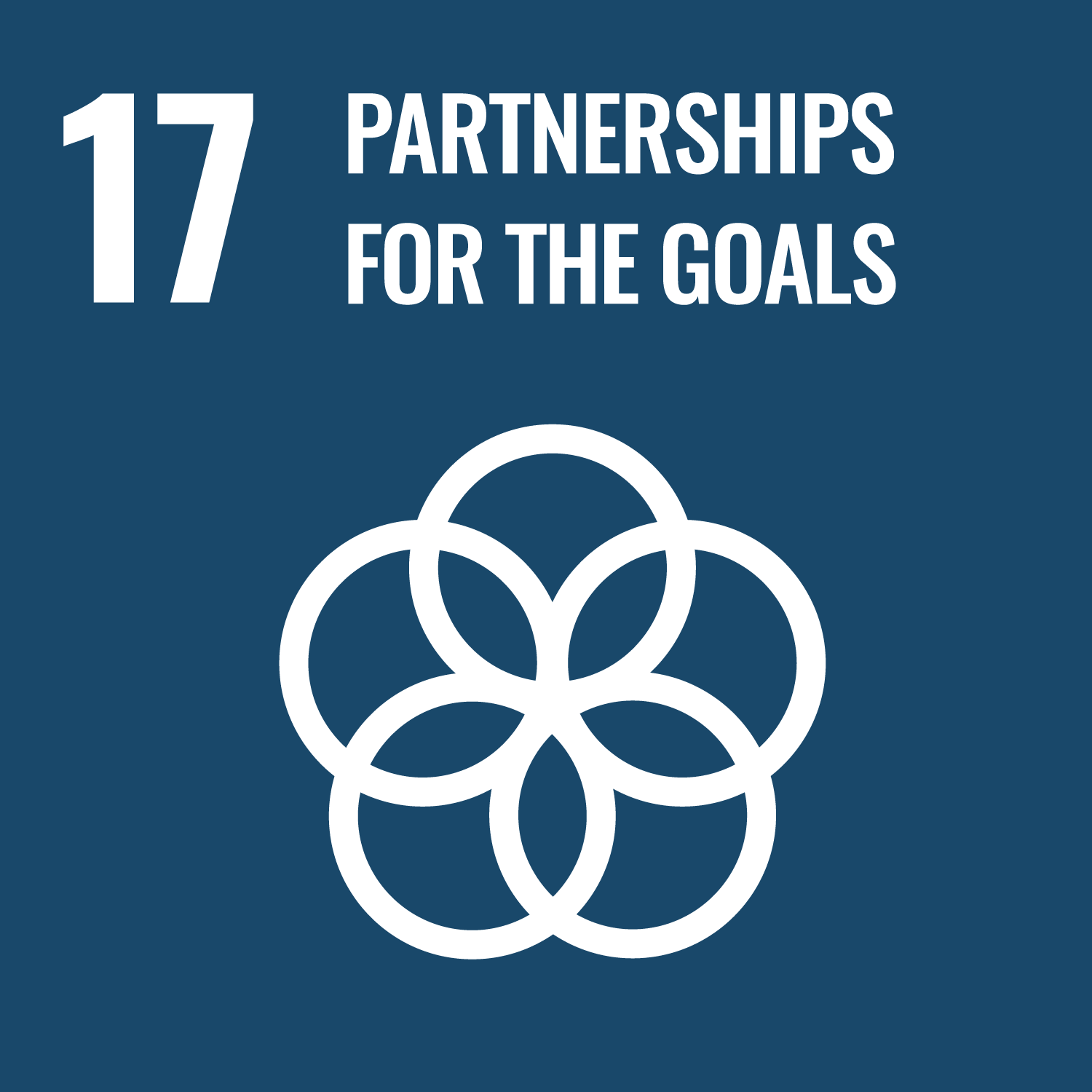Free Trade - Free People? The Dominance of International Investment Arbitration and its Implications for Human Rights Fulfilment
Since the 1980s there has been an explosion in the number of international investment agreements around the world, from a few hundred, to well over 3000. They form part of the global domination of neo-liberal economic thinking, placing the needs of businesses above all else. Contained within many is the mechanism of international investment arbitration which gives foreign corporations the right to sue countries that legislate in ways that negatively affect their profit making ability. Convened tribunal's disregard considerations not related directly to the alleged expropriation suffered by foreign investors as they are not mandated to consider other factors, such as human rights. However the judgements often have significant impacts on a range of human rights with countries penalised for acting to protect the health and well-being of their people and the environment. No issue is neglected with arbitration challenging sovereign choices on areas such as racial equality, environmental protection, health improvement and power supply. Not only does this affect sued countries directly but also weakens other states legislative desire to follow a similar course of action. In this way international investment arbitration acts as a system of global governance, weakening sovereignty, democracy and human rights fulfilment. Overall I will argue that international investment arbitration places too much power in the hands of multinational corporations to the detriment of human rights. In order to protect sovereignty, democracy and human rights these agreements must be renounced.
| Item Type | Thesis (Masters) |
|---|---|
| Subjects | Human Rights & Development Studies |
| Divisions | Institute of Commonwealth Studies |
| Date Deposited | 13 Apr 2016 14:20 |
| Last Modified | 06 Aug 2024 04:46 |
-
description - 1444115 Dissertation.docx
-
subject - Accepted Version
-

- Available under Creative Commons: NC-ND 3.0


